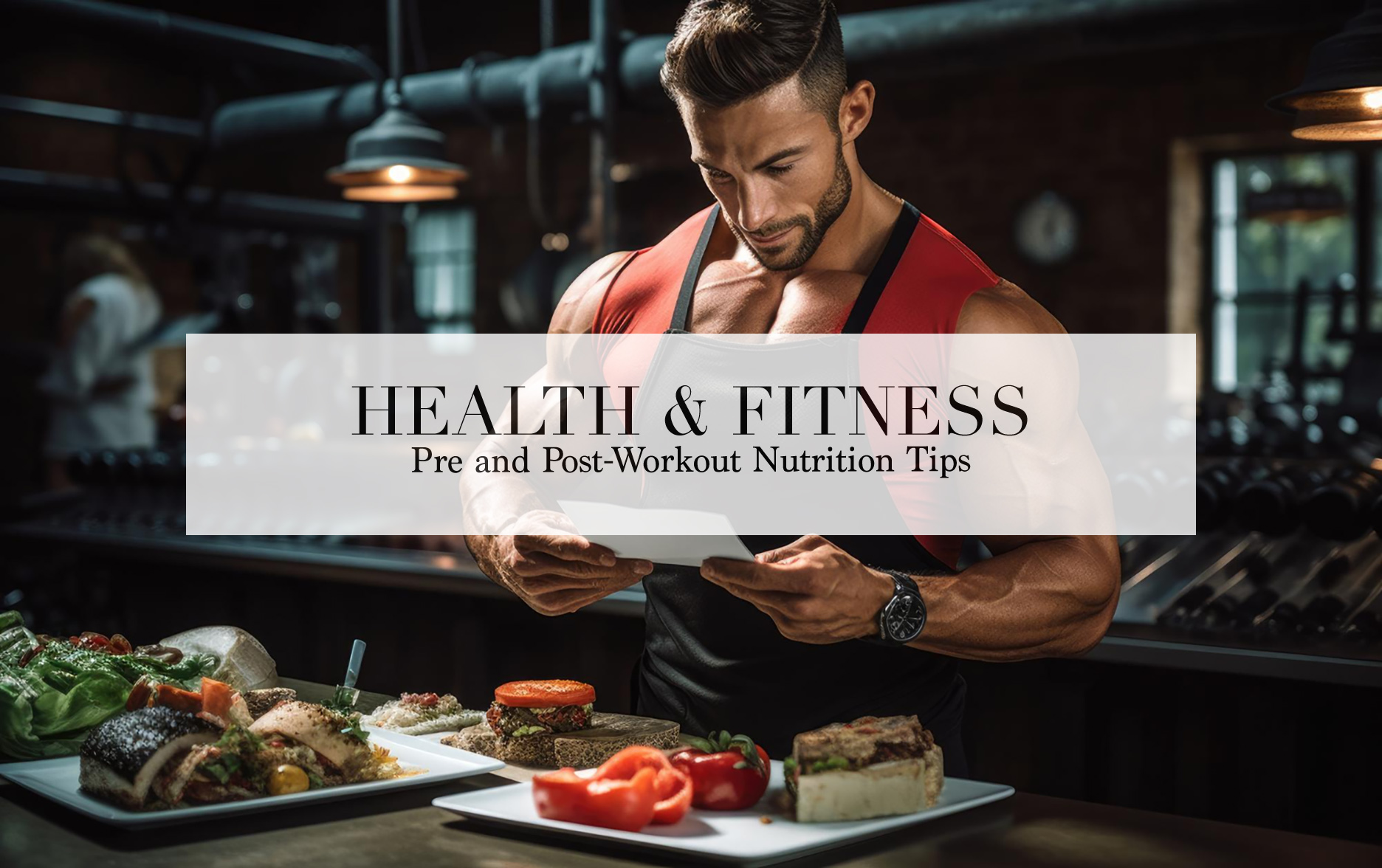Achieving optimal results in hypertrophy training requires a comprehensive approach that encompasses not only a rigorous training regime but also a nutrition plan. Pre and post-workout nutrition play pivotal roles in enhancing performance, promoting muscle growth, and facilitating recovery. By understanding the science behind these dietary practices, individuals can unlock their full potential in the gym. This article delves into evidence-based pre and post-workout nutrition strategies to maximise gains and achieve fitness goals effectively.
Pre-Workout Nutrition:
Fuelling your body adequately before a workout is essential for optimising performance and sustaining energy levels throughout your training session. The primary goals of pre-workout nutrition are to enhance muscle glycogen stores, prevent muscle breakdown, and promote endurance. Here are some scientifically supported pre-workout nutrition tips:
- Carbohydrate Loading: Consuming carbohydrates before a workout provides the necessary fuel for your muscles. Studies have shown that consuming carbohydrates 1-4 hours before exercise enhances glycogen stores, delaying fatigue and improving endurance (Burke et al., 2011).
- Protein Intake: Including protein in your pre-workout meal can help stimulate muscle protein synthesis, which is essential for muscle repair and growth. A combination of carbohydrates and protein before exercise has been shown to increase muscle protein synthesis rates compared to carbohydrates alone (Tipton et al., 2001).
- Timing: Optimal timing of pre-workout nutrition depends on individual preferences and digestive capabilities. Consuming a meal containing carbohydrates and protein 1-2 hours before exercise allows sufficient time for digestion and nutrient absorption, ensuring adequate energy availability during the workout (Kerksick et al., 2017).
Post-Workout Nutrition:
Post-workout nutrition is crucial for replenishing glycogen stores, promoting muscle repair and growth, and minimizing muscle protein breakdown. The period immediately following exercise, often referred to as the “anabolic window,” is when muscles are most receptive to nutrient uptake. Here are evidence-based post-workout nutrition tips:
- Protein Consumption: Consuming protein after a workout is vital for initiating muscle protein synthesis and facilitating recovery. Studies suggest that consuming a fast-digesting protein source, such as whey protein, immediately after exercise can enhance muscle protein synthesis rates and promote muscle repair (Tipton et al., 2004).
- Carbohydrate Replenishment: Replenishing glycogen stores after exercise is essential for restoring energy levels and supporting recovery. Consuming carbohydrates along with protein post-workout has been shown to maximise glycogen synthesis rates compared to carbohydrates alone, facilitating faster recovery (Zawadzki et al., 1992).
- Nutrient Timing: The timing of post-workout nutrition is critical for maximising its benefits. Consuming a combination of carbohydrates and protein within the first 30 minutes to 2 hours after exercise has been shown to enhance glycogen replenishment, muscle protein synthesis, and recovery (Aragon & Schoenfeld, 2013).
Optimising pre and post-workout nutrition is fundamental for achieving peak performance, maximising muscle growth, and accelerating recovery in the realm of fitness and bodybuilding. By adhering to evidence-based nutrition strategies, individuals can fuel their bodies effectively, enhance exercise performance, and achieve their fitness goals more efficiently. Whether you’re striving to build muscle, improve strength, or enhance endurance, prioritising proper nutrition before and after workouts can significantly impact your results.
References:
- Aragon, A. A., & Schoenfeld, B. J. (2013). Nutrient timing revisited: is there a post-exercise anabolic window? Journal of the International Society of Sports Nutrition, 10(1), 5.
- Burke, L. M., Hawley, J. A., Wong, S. H., & Jeukendrup, A. E. (2011). Carbohydrates for training and competition. Journal of Sports Sciences, 29(sup1), S17-S27.
- Kerksick, C. M., Arent, S., Schoenfeld, B. J., Stout, J. R., Campbell, B., Wilborn, C. D., … & Kreider, R. B. (2017). International society of sports nutrition position stand: nutrient timing. Journal of the International Society of Sports Nutrition, 14(1), 33.
- Tipton, K. D., Elliott, T. A., Cree, M. G., Wolf, S. E., Sanford, A. P., & Wolfe, R. R. (2001). Ingestion of casein and whey proteins result in muscle anabolism after resistance exercise. Medicine and Science in Sports and Exercise, 34(11), 181-189.
- Tipton, K. D., Elliott, T. A., Cree, M. G., Aarsland, A. A., Sanford, A. P., & Wolfe, R. R. (2004). Stimulation of net muscle protein synthesis by whey protein ingestion before and after exercise. American Journal of Physiology-Endocrinology and Metabolism, 292(1), E71-E76.
- Zawadzki, K. M., Yaspelkis, B. B., & Ivy, J. L. (1992). Carbohydrate-protein complex increases the rate of muscle glycogen storage after exercise. Journal of Applied Physiology, 72(5), 1854-1859.

